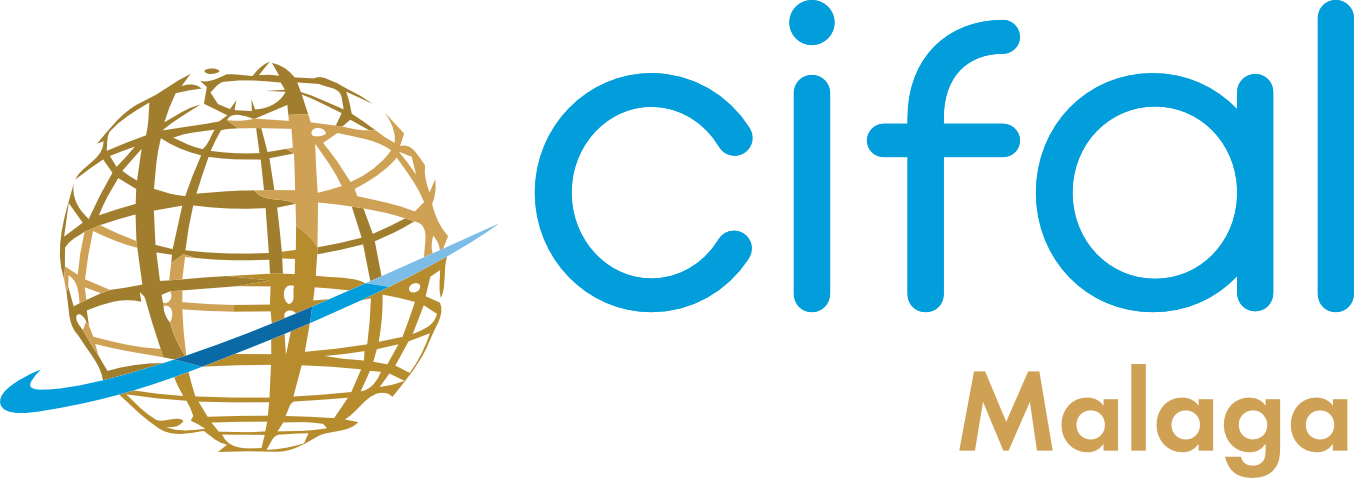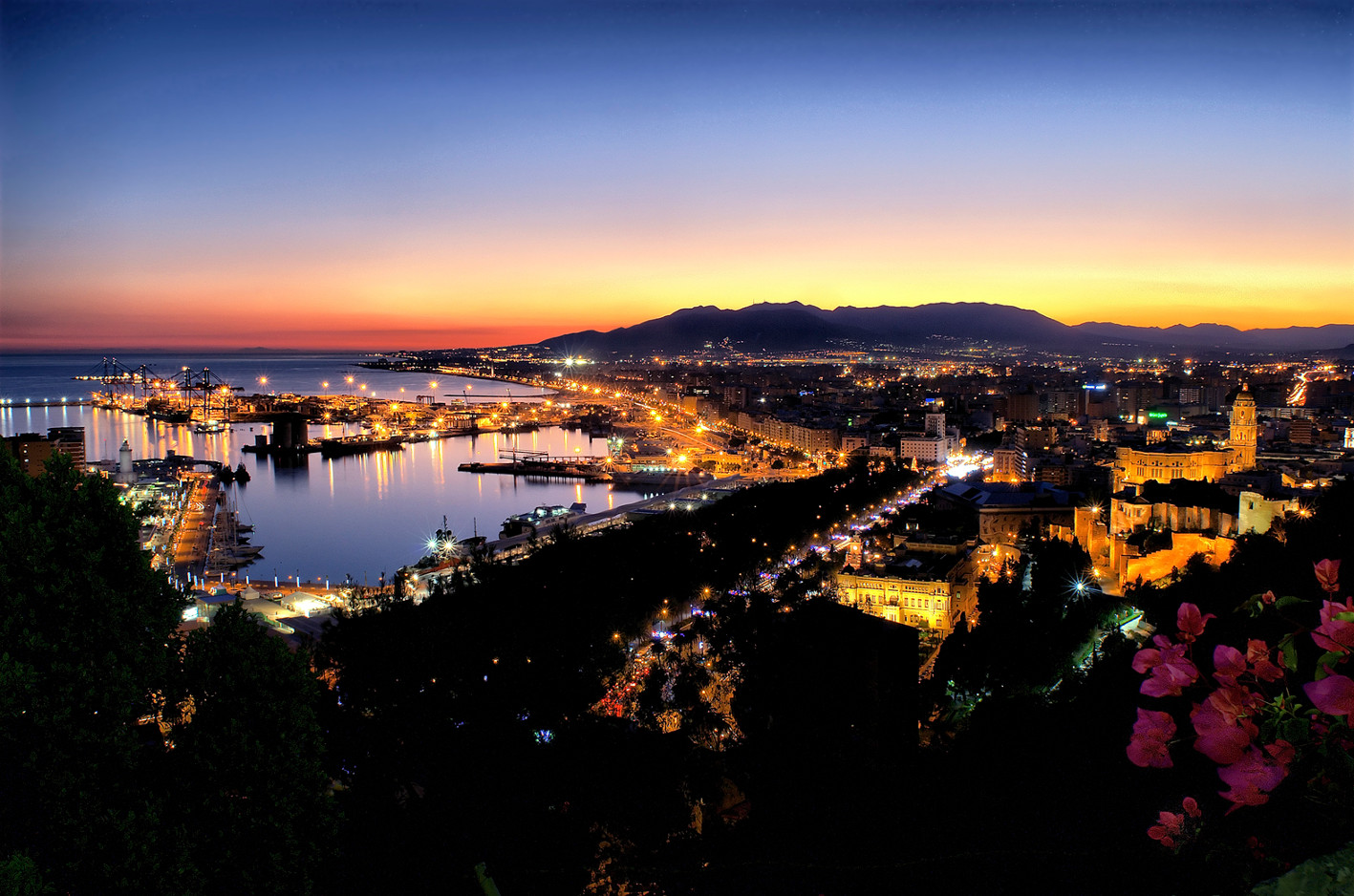Tourism for development
The definition of sustainable tourism according to the World Tourism Organisation (UNWTO) is: “Tourism that takes full account of current and future, economic, social and environmental impacts to meet the needs of the visitors, the industry, the environment and host communities”. Thanks to the diversity of relationships involved in the tourist activity, sustainable tourism can act as a catalyst for change in the world, benefiting the fight against causes such as hunger, peace and security, promotion of local economies…
In a context of constant growth, excellence in the management of tourist destinations must fall in line with sustainable tourism strategies and policies, especially nationals and supranational ones. Furthermore, in the face of markets that are increasingly demanding sustainability, it is essential that destinations apply and implement sustainable tourism strategies and policies in their process of improving their tourist offer and, likewise, in improving the quality and competitiveness of the destination.
To raise awareness of the general populations and public and private decisions makers on this issue, as well as to increase its scope, the year 2017 has been designated by the United Nations as the International Year of Sustainable Tourism for Development. In this way, the World Charter of Sustainable Tourism +20 continues its trajectory as a vehicle for the tourism sector to the achievement of the 17 United Nations Sustainable Development Goals.
Tourism can contribute, directly or indirectly, to all these Goals. Specifically, tourism appears in Goals 8,12 and 14, which are respectively related to inclusive and sustainable economic development, sustainable consumption and production and sustainable use of oceans and marine resources.
Malaga has a wide experience in the development of its sustainable tourism model, as well as the development of international cooperation projects.
CIFAL Málaga wants to contribute to the development of other cities by providing the visions and experience of the city in the transfer of knowledge on the creation of Tourism for Development Strategies, focusing on Agenda 2030 and the Sustainable Development Goals.


